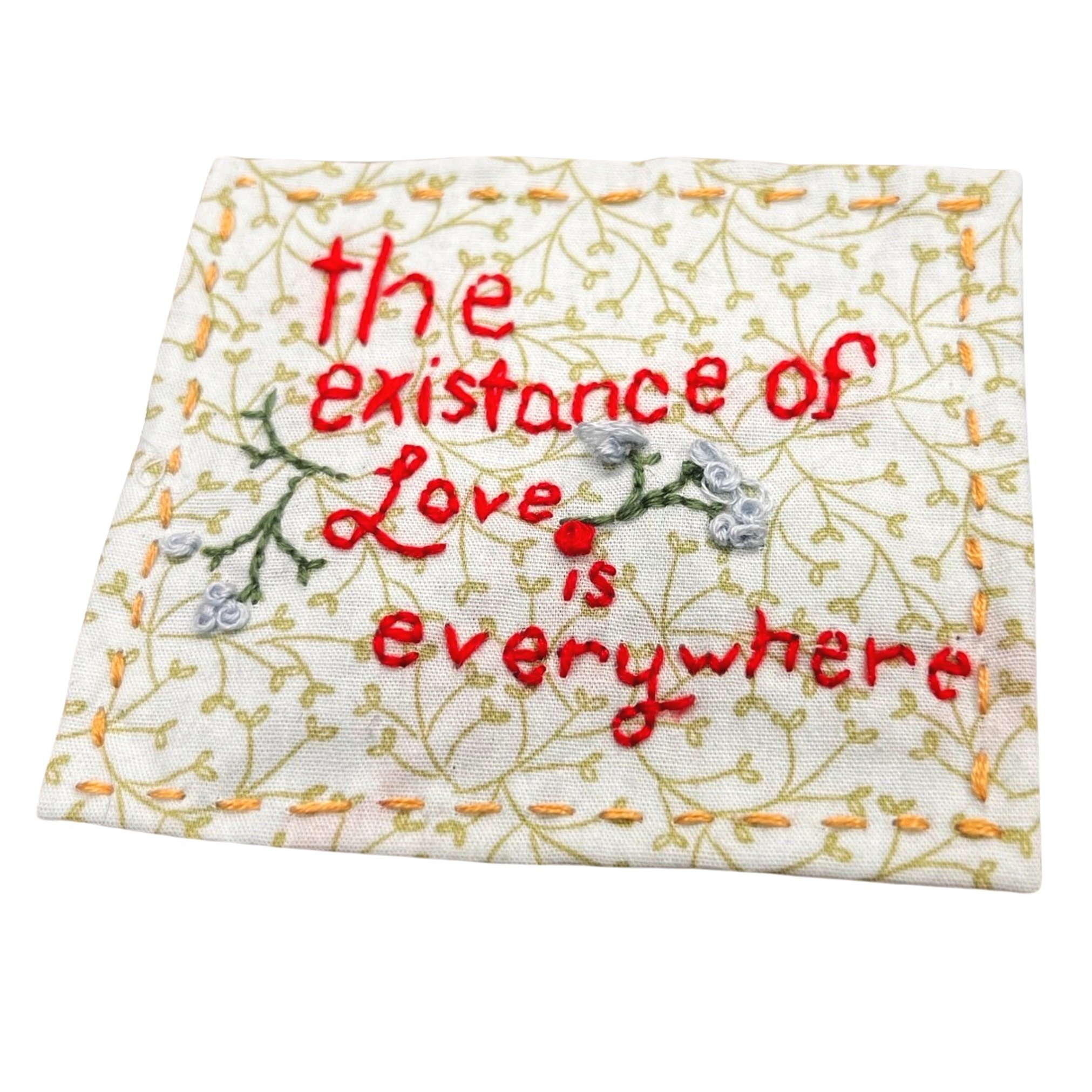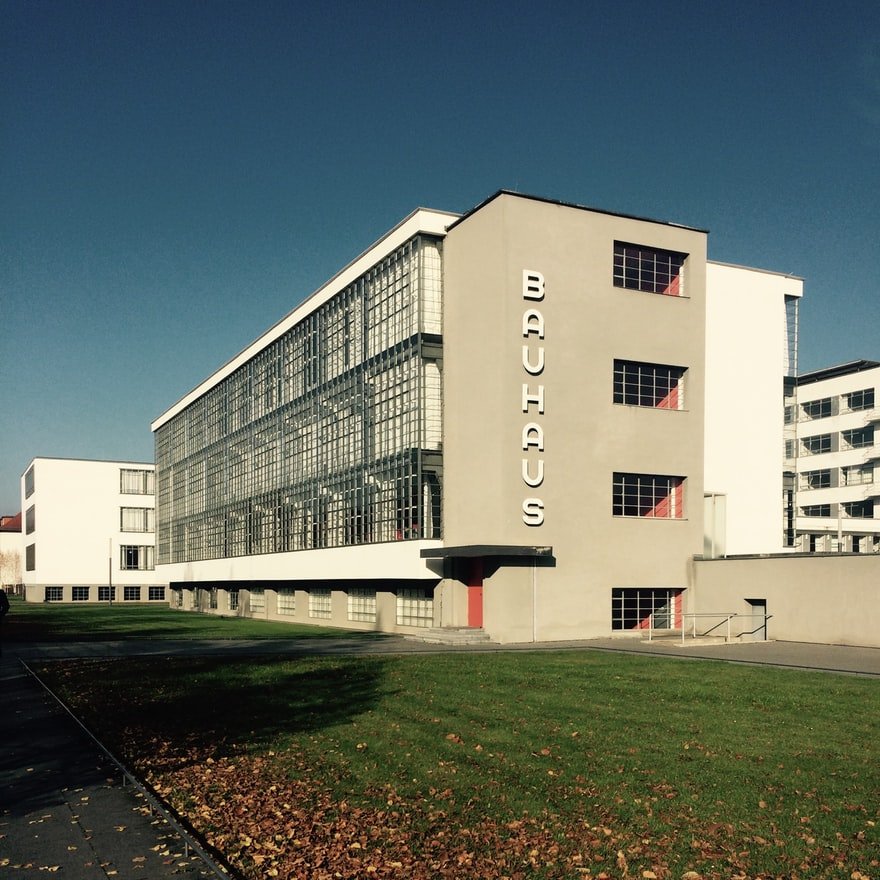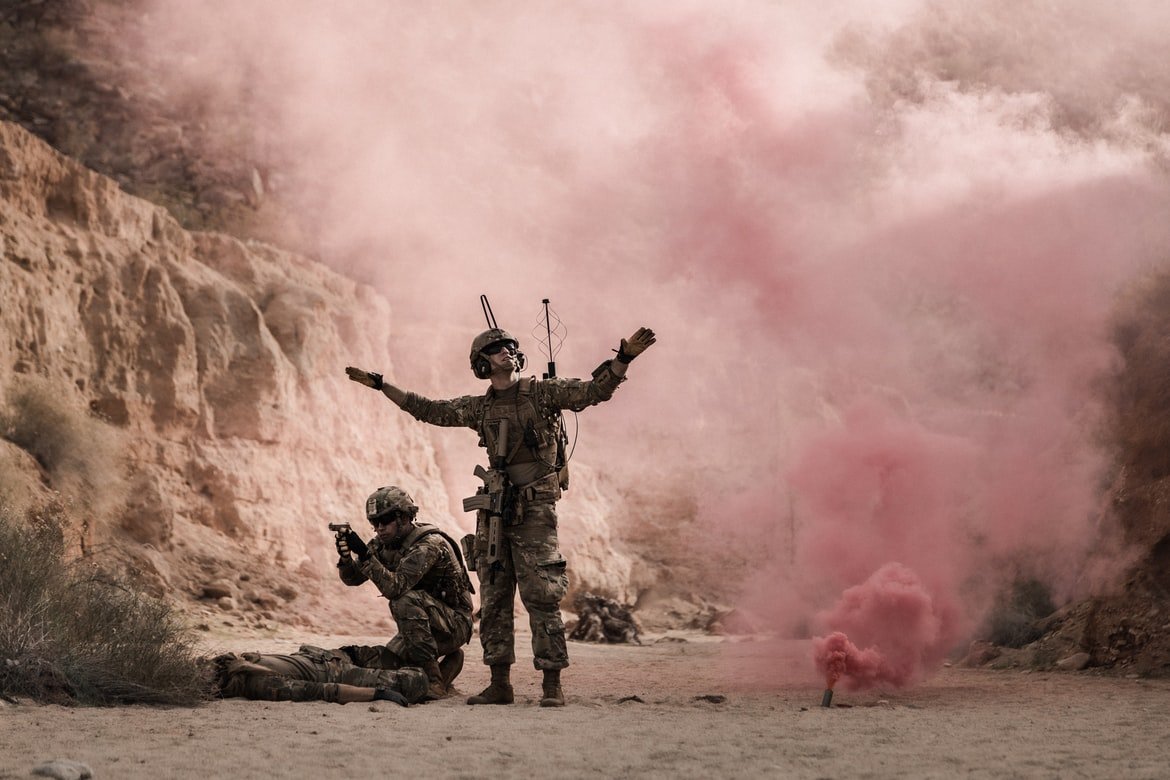
The Craft and Beauty of “Inefficiency”
Authored by UMIH intern Hanako Teranishi
Cover image by Tabitha Turner sourced from Unsplash
Hand craft and creative work are mediums that I distanced myself from when I began university. I learned how to value the words I wrote on a digital document, and I soon forgot about the art classes and crafts I used to enjoy. I began to write everything on a laptop or PC (except for class notes, but they were just that, notes, scrap ideas, in my mind). I forgot about craft for a while until I started writing creatively again.

A Needle and Thread: A Reflection of Stitching Memory and Place
Authored by Hanako Teranishi
My beloved friend Alison is moving back home to Scotland to pursue an MFA in creative writing. I am moving to British Columbia to pursue an MA in English literature. We met at the University of Manitoba, in an English class called “Shakespeare and Intersectionality.” We sat next to each other, only slightly recognizing each other from a previous Zoom class during COVID-19 but we said nothing.

All That She Carried: Unearthing Love, Pain, and Privilege
Authored by Patrick Fermin
My great grandmother Rose
mother of Ashley gave her this sack when
she was sold at age 9 in South Carolina
it held a tattered dress 3 handfulls of
pecans a braid of Roses hair. Told her
It be filled with my Love always
she never saw her again
Ashley is my grandmother
— Ruth Middleton, 1921

Call For Proposals : Identity and Poetics of Ukrainian Canadian Literature
Ukrainian Canadian literature occupies a unique space in the broader context of Canadian multiculturalism and diaspora studies. It is shaped by the historical and cultural experiences of Ukrainian immigrants and their descendants. Despite the substantial amount of fiction written and published in English by Canadian-born Ukrainians, Ukrainian Canadian literature remains largely invisible in university curricula, academic programs, and research.

Weaving with Looms: A Meditative Crafternoon
Authored by Patrick Fermin
An afternoon of crafting was a welcome reprieve from the busy humdrum of school life. Gathered together, we crafted our own personal mini weaved works. With our mini-looms, we explored our own creativity and built connections with one another. Much like yarn weaved together, our own experiences and knowledge infused itself into our creations. Some of us were far more experienced in working with textiles, but nevertheless, we all tried to create from somewhere personal.

Lessons in Solidarity: One Year After the 2021 UMFA Strike
Every student who was at the U of M in Fall 2021 is almost certain to have a strong reaction when you bring up that semester. Going into the second year of remote learning, dealing with the challenges of the pandemic, and having professors go on the longest strike in UMFA history is sure to stir up some memories. It's more than understandable that some students relished the break from their classes, perhaps enabling them to catch up on some work or pick up extra shifts at their jobs.

Meet Me at the Kitchen Party
Wherever I go with a good size group of Red River Métis people, after the day’s work is done, someone will likely ask: “Who brought their fiddle?” Moments later, a guitar will strum, a crunchy chord is stuck by bow, and the people begin to gather around the sound. By the end of the night, the Elders are up dancing, the children are mimicking their jigs, and anyone without a set of wooden spoons to play is patting their knee along to the melody. These musical jams bring community into music through dance, playing an instrument, or singing—the “kitchen party” has a seat for you

WELCOME TO THE BAUHAUS: A REVIEW AND DISCUSSION OF DR. ELIZABETH OTTO’S LECTURE
A UMIH sponsored event, held at Mentoring Artists for Women’s Art (MAWA) on February 28, 2020.
The Bauhaus. Treated like a religion in some design schools, its history is almost worshipped. Its name is whispered reverently in the halls of architecture schools as if saying it was like tasting the sacrament. The Bauhaus. Its clean lines, revolutionary artists, architects, thinkers—sorry, I should say its men.

VIOLENCE WITH A POLITICAL PURPOSE: A DISCUSSION ON DR. LAURA ROBSON’S LECTURE, “THE POLITICS OF MASS VIOLENCE IN THE MIDDLE EAST.”
“When we are cruel to others, we know that our cruelty is meant to bring them back to their true selves, of which they are ignorant.”
-Michel Aflaq
How do we learn from, and how should we interpret, mass violence that fails to fit into the analytical categories we have established to make sense of it?

A STUDY IN UNRAVELING:
Attending events virtually is still always an awkward affair. Internet connections give out, people are muted, lagging, freezing, if anything can go wrong, it often does. Nearly a year into the Winnipeg lockdown and still adapting feels like growing pains. Yet, despite the often awkward or difficult finicking with technology, Johanna Hedva’s (they/them) reading from their work Minvera: The Miscarriage of the Brain captivated and was able to charm even through a screen.

WHOSE STORY IS IT ANYWAY?
The play Bang Bang, written and directed by Kat Sandler, depicts the aftereffects of a police shooting. Lila Hines, a rookie Black cop, shoots an unarmed Black teenager, and though he lives, the incident devastates Hines and destroys her career. A white playwright, Tim Bernbaum, decides to take her experience and adapt it into a play, without obtaining her permission or consulting her.
